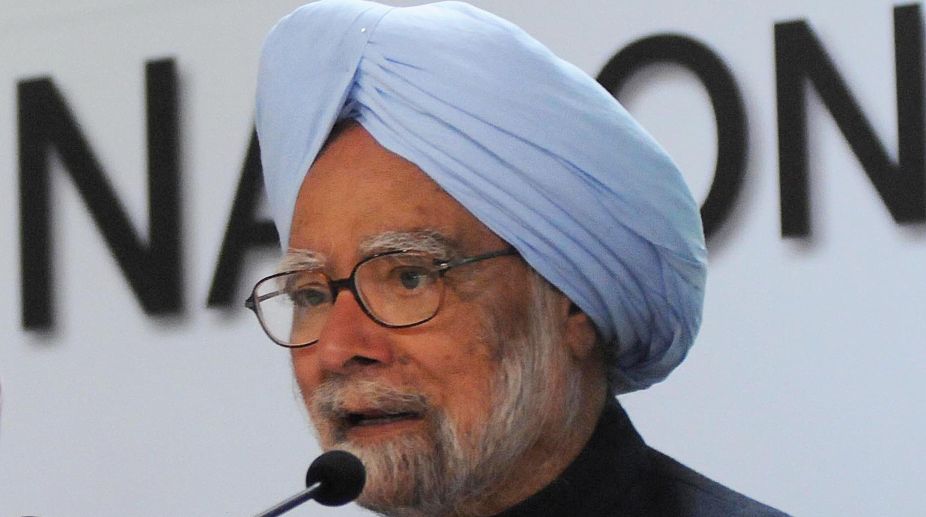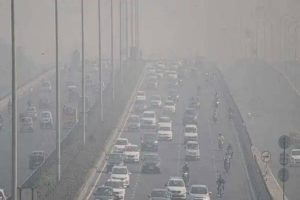Former Prime Minister Manmohan Singh has called demonetisation a “catastrophic economic policy” that may aggravate inequalities and prove to be a “far greater social malaise” in a diverse country like India, and asked Prime Minister Narendra Modi to accept the “blunder” and work towards a consensus to rebuild the economy.
“Demonetisation has proved to be a catastrophic economic policy. The damage it has caused has been multiple folds – economic, social, reputational and institutional. Slowing GDP is merely one indicator of the economic damage. Its impact on the weaker sections of our society and business is far more damaging than any economic indicator can reveal,” he told bloombergquint.com.
The former Prime Minister expressed his concern regarding the loss of jobs in the small and medium enterprises sector following the government’s November 8, 2016 demonetisation decision. He also emphasised the exacerbating impact that it may have on economic inequality.
“One immediate manifestation of the damage has been on jobs. Three-quarters of non-agriculture employment in our country is in the small and medium enterprises sector. This sector has been hit the hardest due to demonetisation. Therefore, jobs have been lost and new jobs are not being created.
“I also worry about the longer term impact of demonetisation. Headline GDP may well start to show an improvement after the recent lows. But rising inequality has been a constant threat to our nature of economic development. Demonetisation may exacerbate such inequalities which can be harder to rectify in the future. In such a diverse country such as ours, inequality can prove to be a far greater social malaise than in other homogeneous nations.”
Prime Minister Narendra Modi, while announcing the decision on the night of November 8 last year, said his government was spiking 1,000 and 500 rupee notes to curb black money, corruption, counterfeit currency and terror funding.
He claimed later that the move was aimed at reducing cash-based transactions and nudge the economy towards digital payments.
Manmohan Singh, a noted economist, said while these objectives were “laudable pursuits”, he emphasized that the government needed to “get our economic priorities right”.
“It is unclear that these goals of the cashless economy will indeed help small enterprises become larger and achieve scale efficiencies. That should be our priority.”
Manmohan Singh was among the first to predict that demonetisation may lead to decline in India’s GDP growth and loss of jobs.
Asked if he felt vindicated about the warnings he had sounded, he said it was not about vindication.
“I strongly feel the time for politicking over demonetisation is over. It is time the Prime Minister graciously acknowledges the blunder and seeks support from all to rebuild our economy. There come certain moments in a democracy’s history when economics should take precedence over politics.
“It is one such moment now in India. We must put the nation above all politics and strive to seek solutions to our challenges of jobless and unequal economic growth. These are massive challenges that need creative and consensual policy solutions. So, it is no longer about whether I was right or wrong about the impact of demonetisation.”
Commenting on whether efforts to bring India’s vast informal economy into the tax net via demonetisation and the Goods and Services Tax, Manmohan Singh said: “The means is as important as the ends” and the ends could not be achieved “through coercion or threats or raids which can be counter-productive”.












